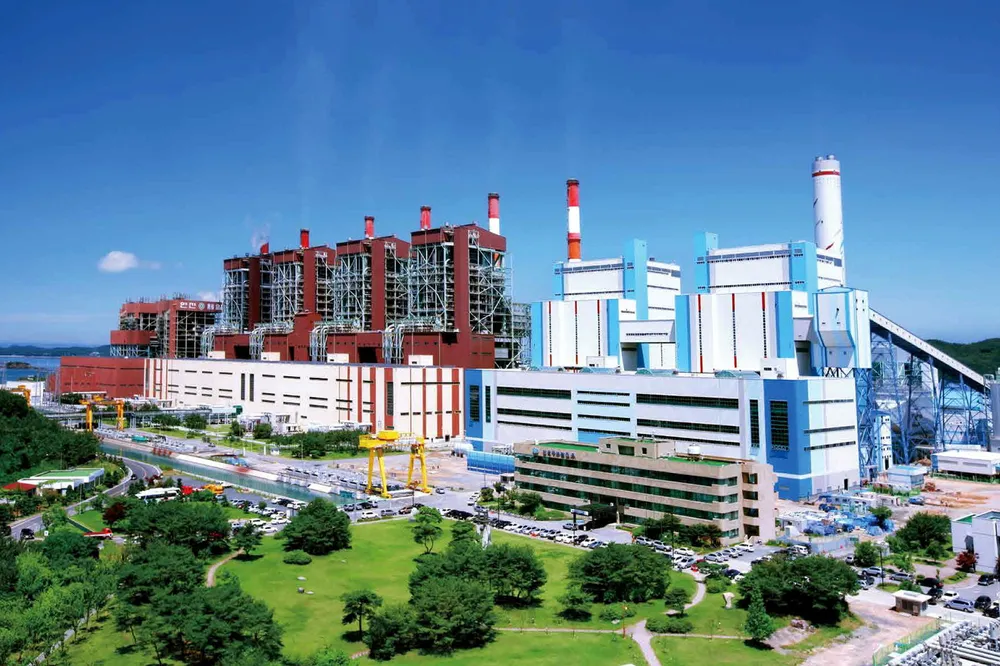Power auctions | Hydrogen-fired generation is 'essential' for meeting national emissions targets, says South Korea
Government plans to introduce world-first bidding markets for electrons produced from both dirty and clean H2

Government plans to introduce world-first bidding markets for electrons produced from both dirty and clean H2
